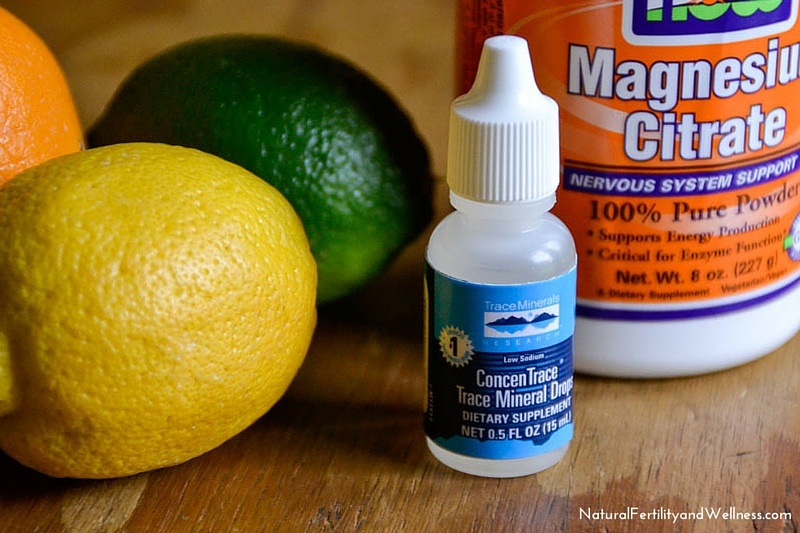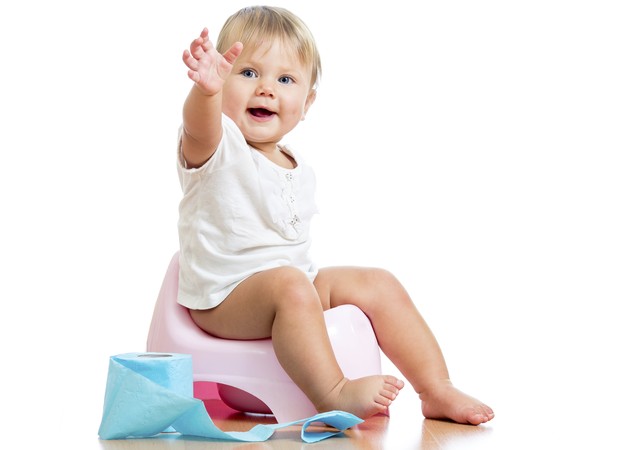Some of the health benefits of Oatmeal for babies include high in energy, easy to digest, improves the immune system, good supply of vitamins, minerals and antioxidants and not the least, of course, acts as a natural laxative.
Oatmeal or otherwise known as white oats is another popular cereal in the western world including European countries, the United States, Canada, Mexico, Brazil, etc. It is gaining popularity in eastern parts of world which includes countries like India, China, Korea, Japan, Malaysia, Thailand, Indonesia, Philippines, etc.
What is Oatmeal?
Oats are believed to have originated either in Scotland or Ireland. Scotland holds a long tradition of cultivating oats and consuming it as well. The weather of Scotland makes oats an ideal meal when compared to wheat. Traditionally, a holiday known as Meal Monday was given to students in old universities in Scotland where students used to return to their farms for oat harvest.

A similar tradition is followed in the United States in the state of Vermont. There also oats are the staple food and interestingly majority of European settlers found in Vermont are of Scottish origin. Oats are processed to produce oatmeal. Whole grain groats are cut into pieces known as steel cut oats or they are rolled for making oatmeal.
Can I give oatmeal to my baby?
Oatmeal is considered to be good for babies. In fact, many believe that oatmeal is much better for babies than rice. Oatmeal is very light compared to rice. It can digest easily and it supplies good amount of energy to the baby. Apart from all these advantages, oatmeal has the least allergic reactions in babies compared to other cereal and staples.
Note: You can introduce oatmeal to your babies, as and when your baby reaches 6 months of age.
Health Benefits of Oatmeal for Babies
Here are some of the health benefits of giving oatmeal to your babies. Some of which include
- High in minerals
According to the USDA, oatmeal is high in essential minerals. These minerals include calcium, iron, phosphorous, magnesium, potassium, sodium and zinc. Each of these minerals offers a different developmental benefit to your baby. For example, calcium and phosphorous are useful for building bones. Iron is useful for increased hemoglobin production, magnesium helps in energy generation, has a role in bone and dental health, acts as a laxative, etc. Potassium and sodium are known to be electrolytes which facilitate electrical activity in the brain, spinal cord and in all the muscles.
-
Good supply of vitamins
Oats are also high in vitamins such as thiamin, niacin, riboflavin, folate, vitamin B-6, vitamin K and vitamin E. These vitamins also promote various activities in the body and are much needed for child growth and development.
-
Good source of antioxidants
Apart from vitamins and minerals, oats are high in antioxidants. In children’s diet antioxidants are least talked about. But, their presence in diet is nevertheless needed. Antioxidant activity reduces the risk of free radical attack inside the body and promotes good health in the long run. This is essential in baby’s diet.
-
High in energy
For 100g of oatmeal, the energy that it provides is almost 400 kcal. This is high energy when compared with other foods in the category. High energy food is needed for babies for their speedy growth and development.
-
Easily digestible
Though oatmeal provides good amount of energy, it is surprisingly very easy to digest. Any food that is easily digestible is very good for babies, as their digestive system would not struggle to digest the food. This makes it an ideal food because it has high energy and it is easy to digest.
-
Good for the immune system
Giving oatmeal to your baby is beneficial from the point of view of immune system. Another advantage of the vitamins present in oatmeal is that they promote the immune system on the whole.
-
Acts as a natural laxative
Oatmeal is high in dietary fiber. The amount of dietary fiber is comparable to wheat. This dietary fiber is generally not digested, it soaks up water in the colon and adds bulk to the stool and helps in easy bowel movement. Bowel movement which is free and regular promotes appetite in babies.
-
Popular alternative to cow milk
Oat Milk is a very popular vegan alternative to dairy milk as it offers a number of health benefits to your child. Some of the well known health benefits as offered by oat milk include boosting of immunity (due to the high protein fiber content), ensuring a healthy heart in the early growth stages, provide strength and energy from natural plant proteins and sugars, and improve the health of your child’s skin and hair.
Read more Health Benefits of Oat Milk
Measures to be taken while introducing oatmeal for babies
Selecting the right variety of oats:
Selecting the right oats is key to good health of babies. You can opt for processed oats, but do not keep that as the only option. There is a chance that processed oats are high in sodium and sugar and also the vitamins and minerals could be removed in the processing. As oats are light, you might want to opt for semi processed oats or steel cut oats for your baby.
Precautions while cooking oats baby food:
Oats must be boiled thoroughly. They need to be boiled for at least 20-30 minutes before serving. For babies, let oats boil for some more time as they would turn softer and easier to eat. Also, make sure to add more water when cooking for babies. You need the oatmeal to be turned almost into a puree. After the boiling is complete, you can add little bit of hot water to the oatmeal to make it much softer. For easy boiling, you can soak the oats over night and boil.
Do not add fruit or vegetable for the first time:
When you’re giving oatmeal to your baby for the first time, make sure that you don’t add any fruit or vegetable or herb to the oatmeal. Remember that the first time you feed is like a test dose to the baby, only to note whether o nr not your baby is allergic to oats or not. You can add herbs and vegetable to oatmeal later on, to make it interesting.
Nutrition in Oatmeal
According to the National Nutrient Database, from the United States Department of Agriculture, the nutrition found in Oatmeal includes
| Nutrition | Value per 100 g | Nutrition | Value per 100 g |
| Water | 5.9 g | Energy | 399 kcal |
| Protein | 13.07 g | Total Lipid (fat) | 8 g |
| Carbohydrates | 69.65 g | Fiber | 9 g |
| Sugars | 3.8 g | Calcium | 707 mg |
| Iron | 51.25 mg | Magnesium | 138 mg |
| Phosphorous | 610 mg | Potassium | 420 mg |
| Sodium | 4 mg | Zinc | 5.39 mg |
| Thiamin | 2.805 mg | Riboflavin | 3.313 mg |
| Niacin | 28.43 mg | Vitamin B-6 | 0.563 mg |
| Folate | 35 ug | Vitamin E | 4.95 mg |
| Vitamin K | 4.1 mg |
Reference :












